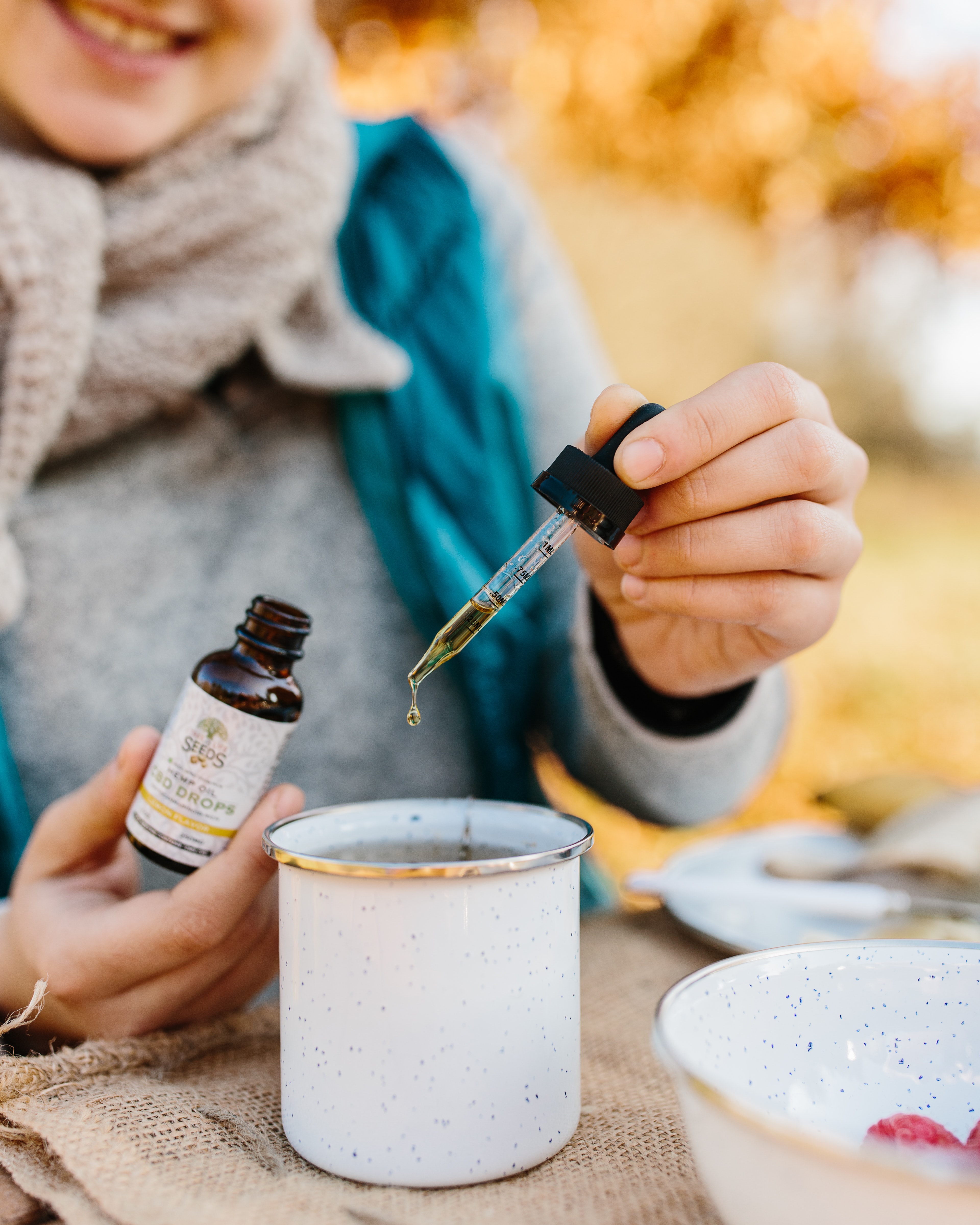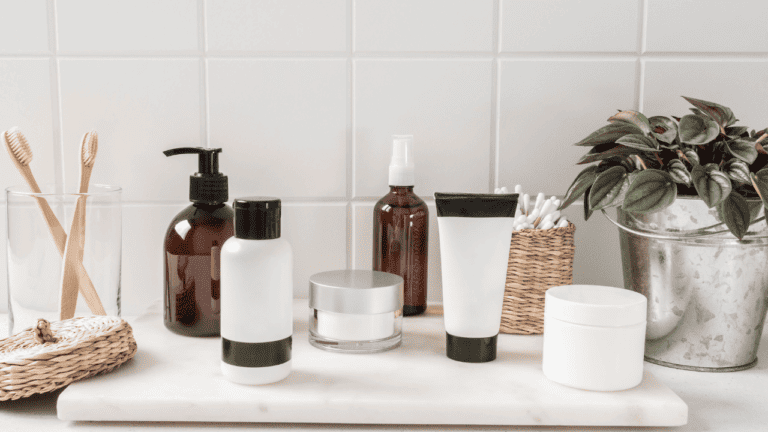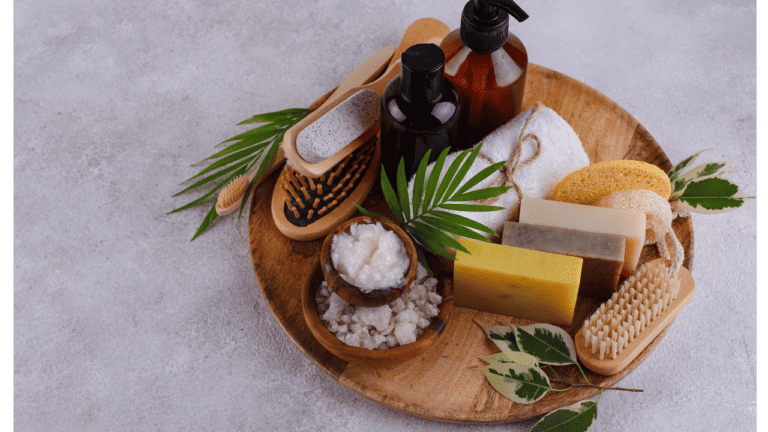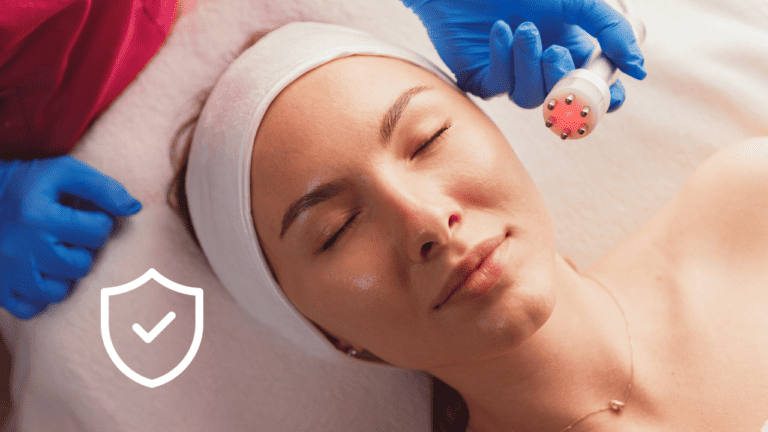Yes, Tea Tree Oil helps to reduce acne, numerous scientific studies back up the antimicrobial and anti-inflammatory properties of tea tree oil which help to combat bacteria responsible for acne breaktous.
This is so well known, that brands marketing their anti-acne products highlight when it has Tea-Tree Oil included in them. This essential oil, derived from the Melaleuca alternifolia plant, has been praised for its potential to reduce acne and improve overall skin health.
There are many people who swear by it and yet others who stay away from it, be it because of allergies or because of how strong tea tree oil is as a natural remedy. Let’s find out how tea tree oil should be used and how effective it is against acne.
Key Takeaways
- Tea tree oil is great for its anti-microbial properties, however it needs to be diluted to be used directly on skin.
- Numerous scientific studies back up the claims that tea tree oil is good for acne
What is Tea Tree Oil and Acne?
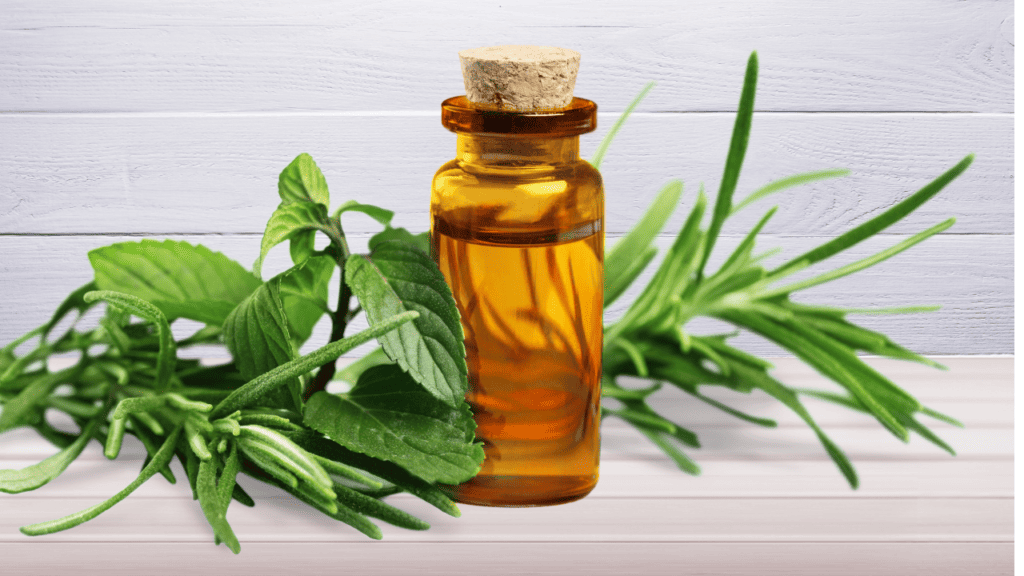
Tea tree oil is an essential oil extracted from the leaves of Melaleuca alternifolia, a tree native to Australia. It has been used traditionally for treating a variety of skin conditions due to its numerous beneficial properties, including its antibacterial, anti-inflammatory, and antifungal effects.
When it comes to acne, Tea tree oil’s antibacterial properties make it an effective natural treatment for acne. It can help in reducing the growth of acne-causing bacteria, such as Propionibacterium acnes and Staphylococcus aureus. As a result, this prevents acne formation and reduces inflammation which is often associated with the condition.
In addition to its antibacterial properties, tea tree oil has been found to be effective in treating acne due to its anti-inflammatory effects. It has the potential to reduce the redness, swelling, and discomfort that often accompanies acne breakouts.
When using tea tree oil for acne, it is important to dilute it with carrier oil to avoid potential skin irritation. A common recommendation is a 5% dilution, which has been shown to be effective in the treatment of acne while minimizing the risk of adverse reactions.
In conclusion, tea tree oil offers a promising natural treatment option for acne sufferers. Its antibacterial and anti-inflammatory properties have the potential to improve acne symptoms and promote clearer, healthier skin.
Benefits of Tea Tree Oil for Acne
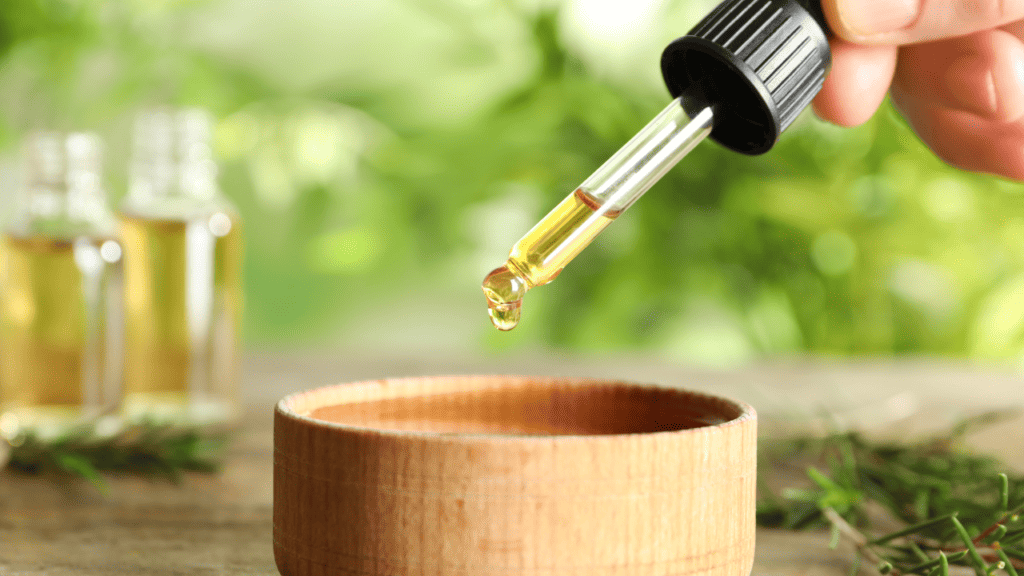
1. Antibacterial and Antimicrobial Properties
Tea tree oil possesses antibacterial and antimicrobial properties that can help in fighting acne-causing bacteria such as Cutibacterium acnes. The oil can be applied topically to the affected area, where it works to prevent the growth of bacteria, thus reducing the occurrence of acne.
2. Anti-inflammatory Properties
The anti-inflammatory properties of tea tree oil can help in reducing the redness and swelling associated with acne. By soothing the inflamed skin, it can also minimize the discomfort that often accompanies acne breakouts.
3. Controls Oil Production
Tea tree oil is beneficial in regulating sebum production, a major contributor to acne. Its astringent properties help in balancing oil levels on the skin, preventing the clogged pores that lead to acne breakouts. Consistent use can result in a visibly clearer complexion with reduced oiliness.
4. Promotes skin healing
Tea tree oil accelerates the recovery process of acne lesions. It aids in the skin’s natural healing process, minimizing the chances of scarring and promoting the regeneration of healthy skin cells.
5. Minimizes Pore Size
Regular application of tea tree oil can lead to a reduction in the appearance of enlarged pores, a common issue in acne-prone skin. This effect helps in preventing the accumulation of dirt and oil, further reducing the likelihood of acne flare-ups.
3. Natural Alternative Treatment
Tea tree oil is a natural alternative to conventional acne treatments, such as benzoyl peroxide and salicylic acid. Many people find that tea tree oil is easier on their skin, with fewer side effects, while still delivering effective results in reducing acne. A study has shown that a cream containing propolis, tea tree oil, and Aloe vera is more effective in reducing acne compared to erythromycin cream.
Clinical Research Proves Tea Tree Oil Is Effective At Reducing Acne
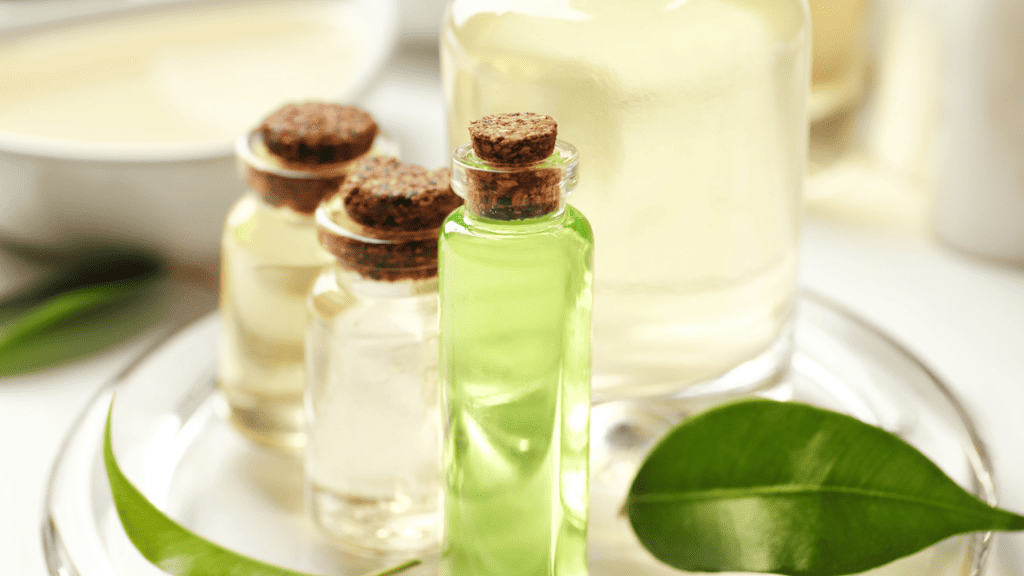
In recent years, the use of tea tree oil in treating acne has gained popularity, and numerous research studies have been conducted to determine its effectiveness. We can confidently say that tea tree oil has demonstrated promising results in treating mild to moderate acne.
1. Tea Tree oil vs aloe vera with erythromycin cream
One notable study compared the treatment of acne using a combination of propolis, tea tree oil, and Aloe vera with erythromycin cream. The results showed that the propolis, tea tree oil, and Aloe vera combination was more effective in reducing acne compared to erythromycin cream alone. This suggests that tea tree oil may be a viable alternative for treating acne in some cases.
2. Tea Tree Oil vs Benzoyl Peroxide
To understand the efficacy of tea tree oil, it’s important to compare its performance with popular acne treatments like benzoyl peroxide and salicylic acid. In a clinical study, a 5% tea tree oil solution was used to treat acne, demonstrating comparable results to benzoyl peroxide with fewer side effects. Although benzoyl peroxide may offer faster results, tea tree oil can still provide a more gentle alternative without compromising effectiveness.
3. Tea tree oil’s antibacterial properties
Tea tree oil has been found to possess antibacterial properties, targeting acne-related bacteria like P. acnes and S. aureus. A research article suggests that the antibacterial efficacy of tea tree oil contributes to its ability to reduce acne lesions and inhibit the growth of acne-causing bacteria.
Although prescription medications can be effective in treating more severe acne, tea tree oil offers a natural option for individuals with mild to moderate acne. Its versatility and minimal side effects make it a promising acne treatment.
In summary, tea tree oil has been proven to be an effective treatment for mild to moderate acne through various research studies. Its antibacterial properties, combined with its comparability to conventional acne treatments like benzoyl peroxide and salicylic acid, make it a promising option for individuals seeking an alternative or complementary treatment.
